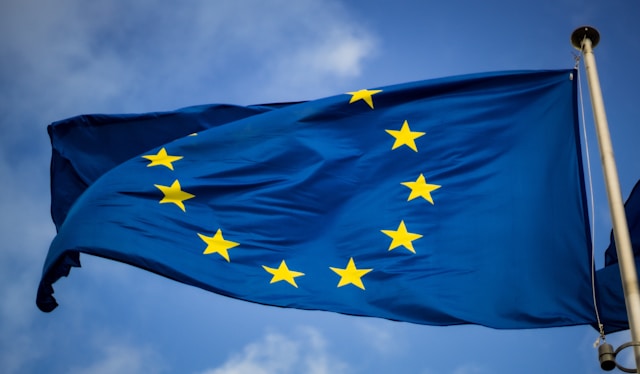
And hopefully it doesn’t become hot. Many do not even want to say the word. To prevent it from becoming a self-fulfilling prophecy, as if naming it was summoning it. It will not resemble the First Cold War, but the rivalry between Washington and Beijing, the military and verbal escalation around hegemony in Asia, and the polarization between democracy and authoritarianism have already installed the idea among us.
John Lewis Gaddis, professor of history at Yale and probably the greatest scholar of that period, has no doubts: “It is no longer up for debate that the two unspoken allies during the final half of the last Cold War are entering their own cold war. ”. Count it in Foreign Affairs, the oldest of the publications on international relations, which dedicates to this new divided world its November issue, dominated more by grief than relief at finally having the enemy of the new era located.
Henry Kissinger, the architect of the four-decade alliance with China, already warned of the danger ten years ago when he noted that “a cold war between the two countries would slow progress for a generation on both sides of the Pacific” (China. Debate). For now, if superpower relations are about to become a zero-sum game, as Kissinger feared, this is not yet the case with the supply chain, despite the tariffs imposed by Trump and maintained by Biden.
Washington is not willing to abandon its interests and allies in Asia, to kindly cede world hegemony to Beijing, while the Chinese regime has a clear strategy to become a superpower on par with the United States by mid-century, with a Forces Armed at the same height and a globalization project with a Chinese matrix differentiated from Western globalization.
The greatest danger does not lie in the repetition of a protracted confrontation between two superpowers with their own value systems and social models, as occurred between the United States and the Soviet Union, but in the capacities of both to prevent it from sliding towards the hot war, thanks to a negligent and sleepwalking attitude of the rulers, as happened in the First World War.
The arms race in Asia, China’s progress in artificial intelligence, its expansion of the nuclear arsenal, tests with hypersonic missiles and the growing size of its Armed Forces, especially the maritime ones, together with the thorny dispute over the status of Taiwan, are not reassuring facts.
Perhaps it is not exactly a cold war and it only seems so, but now it is necessary for someone to stumble upon the name that corresponds to it, like George Orwell when he used it for the first time to designate the “peace that was not peace” that was installed between Washington and Moscow from 1945.
Sign in to continue reading
Just by having an account you can read this article, it’s free
Thanks for reading EL PAÍS
/cloudfront-eu-central-1.images.arcpublishing.com/prisa/NYW57Z5LH77WT3P6NLU3FECUEM.jpg)



